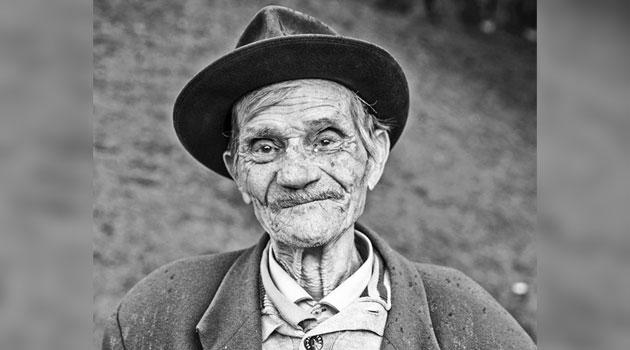Volkswagen apologizes for racist advertisement, claiming it was "unintentional"

The board of directors of the Volkswagen automobile concern has apologized for a racist advertisement being published on the company’s Instagram account in German, saying it had been posted online because of a “lack of cultural sensitivity”, not because it was motivated by racism. “We are able say that racist motivation did not play a role in this at all,” board member Hiltrud Werner said in a statement.
“We have ascertained a lack of sensitivity and procedural errors,” the statement quotes Werner as saying. “I would like to officially apologize in the name of the board if anybody has felt harmed by this lack of cultural sensitivity.”
The video opens with a shot of the new Volkswagen Golf parked on a street. A dark-skinned man is shown being pushed down the street past the car by the oversized finger of a white person’s right hand, almost knocking him over.
When the man looks at the car, the left hand seems to grab him by the head and turn him in the direction of the building behind the car. The right hand then re-enters the frame and seems to flick the man into a bar called the “Petit Colon”, which in French means “The Little Settler”.
The ad has a strong undercurrent of colonialism. Jürgen Stackmann, who is responsible for Volkswagen’s marketing, said he thought it was a forgery the first time he saw it.
“We are rightfully accused of a lack of intercultural sensitivity in this case, and as the member of the board in charge of marketing and sales services, I take responsibility,” he said. The racist ad is not the first problem of this kind that Volkswagen has had to address.
In March 2019 the board of supervisons of the automobile manufacturer condemned remarks made by the head of the whole enterprise, Herbert Diess, when he referenced a Nazi slogan. Speaking at an event held by the firm, Diess attempted to emphasize the necessity of increasing profits by saying “EBIT macht frei” (“EBIT makes one free”).
“EBIT” is an acronym for profits “earned before interest and taxes”. Diess later apologized for his remarks and explained that under no circumstances had he intended the remarks as a reference the Nazi slogan “Arbeit macht frei” (“Work makes one free”), which hung in metalwork over the entrance to the Auschwitz concentration camp.
